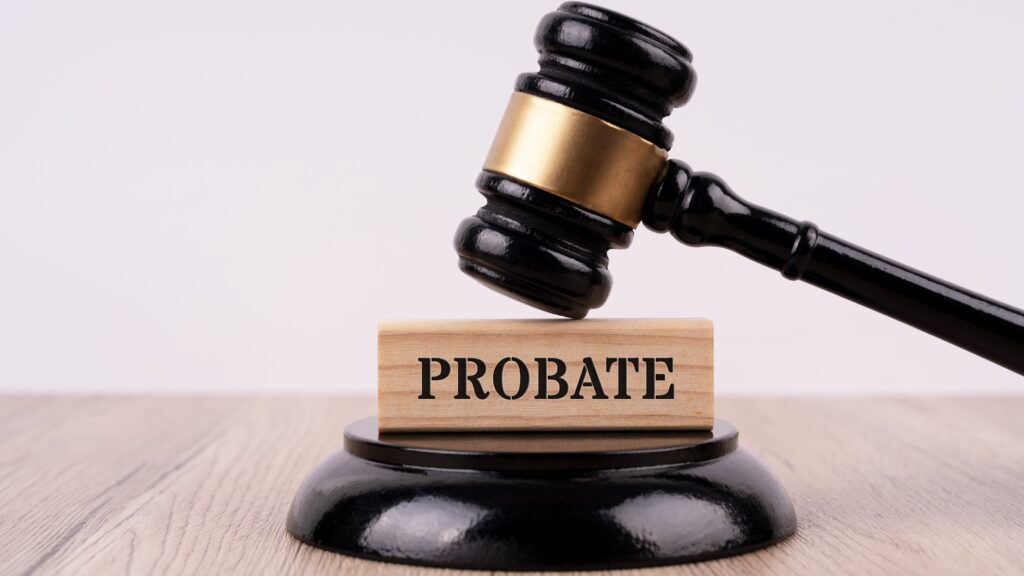Understanding the Probate Process in Texas
The probate process in Texas involves several steps that must be followed to ensure the proper distribution of a deceased person's assets. It typically begins with the filing of the will and an application for probate in the appropriate court. Understanding these steps is crucial for executors and beneficiaries alike to navigate the complexities of estate administration.
In Texas, the probate process can vary depending on whether the deceased left a will or died intestate (without a will). Key steps include validating the will, appointing an executor, notifying heirs, and settling debts. Familiarity with local laws and procedures can significantly streamline this process and reduce potential conflicts among heirs.
Common Misconceptions About Probate in Texas
Many people hold misconceptions about probate, often fearing it as a lengthy and costly ordeal. However, understanding the realities of probate can help alleviate these concerns and clarify what to expect during the process. For instance, not all estates require formal probate, especially if they fall below a certain value.
One common myth is that probate automatically leads to the loss of privacy, whereas in Texas, some probate proceedings can be handled confidentially. Additionally, many believe that probate takes years to complete, but with proper planning and guidance, it can often be resolved in a matter of months.
Probate Alternatives: Exploring Options to Avoid Probate
For those looking to avoid the probate process entirely, several alternatives exist that can help streamline the transfer of assets after death. Options such as establishing a living trust, joint ownership, or beneficiary designations can facilitate a smoother transition of assets without the need for probate court intervention.
Creating a living trust allows individuals to manage their assets during their lifetime and dictate their distribution upon death, bypassing probate altogether. Similarly, designating beneficiaries on accounts and properties ensures that these assets transfer directly to heirs without the probate process, saving time and legal fees.
The Role of an Executor in the Probate Process
The executor plays a vital role in the probate process, acting as the individual responsible for managing the deceased's estate. This includes duties such as gathering assets, paying debts, and distributing remaining property to beneficiaries. Understanding the responsibilities of an executor is essential for anyone appointed to this role.
Executors must also navigate legal requirements, such as filing necessary documents with the court and adhering to timelines. Their role is not only administrative but also fiduciary, meaning they must act in the best interests of the estate and its beneficiaries, often requiring legal guidance to fulfill their duties effectively.

